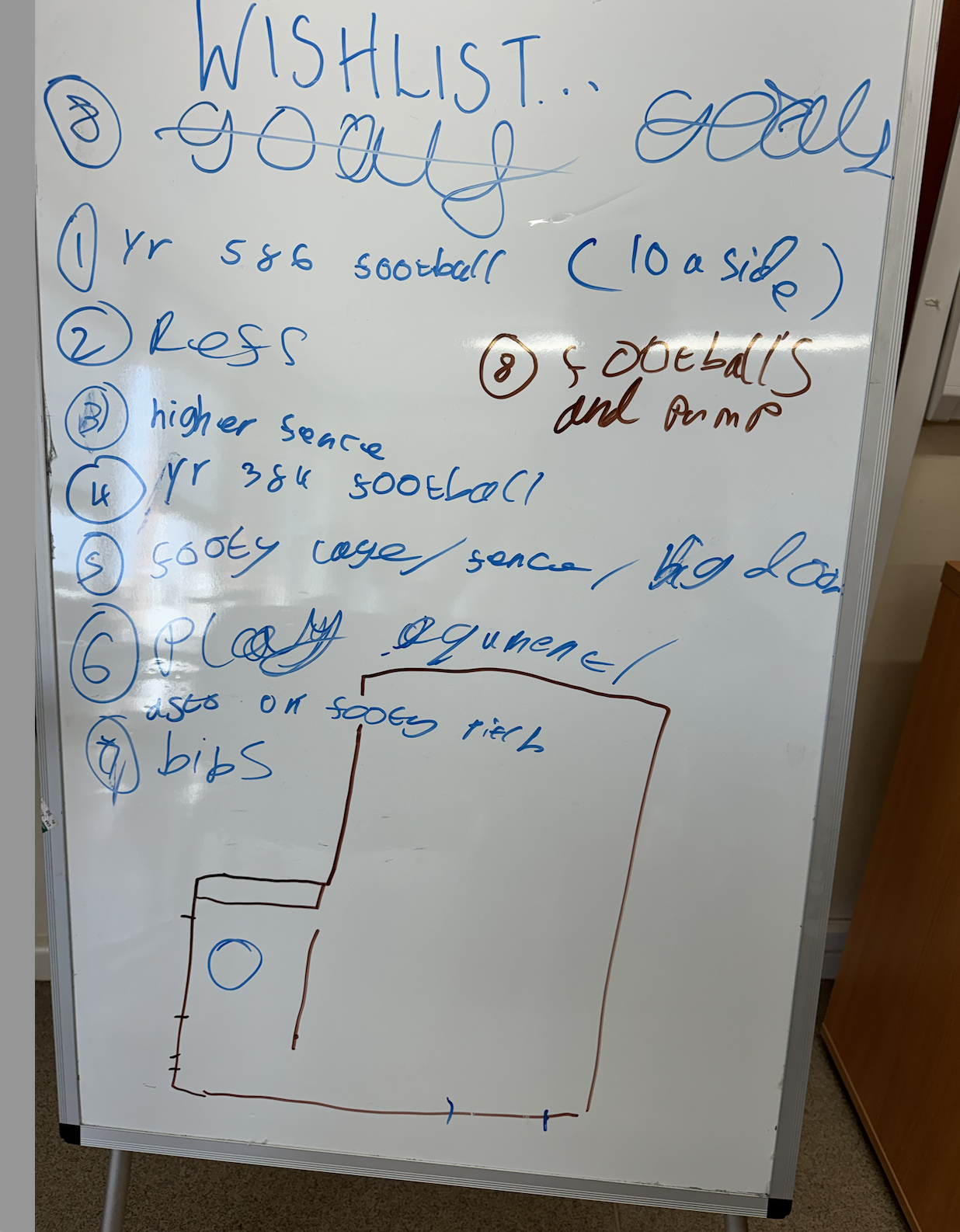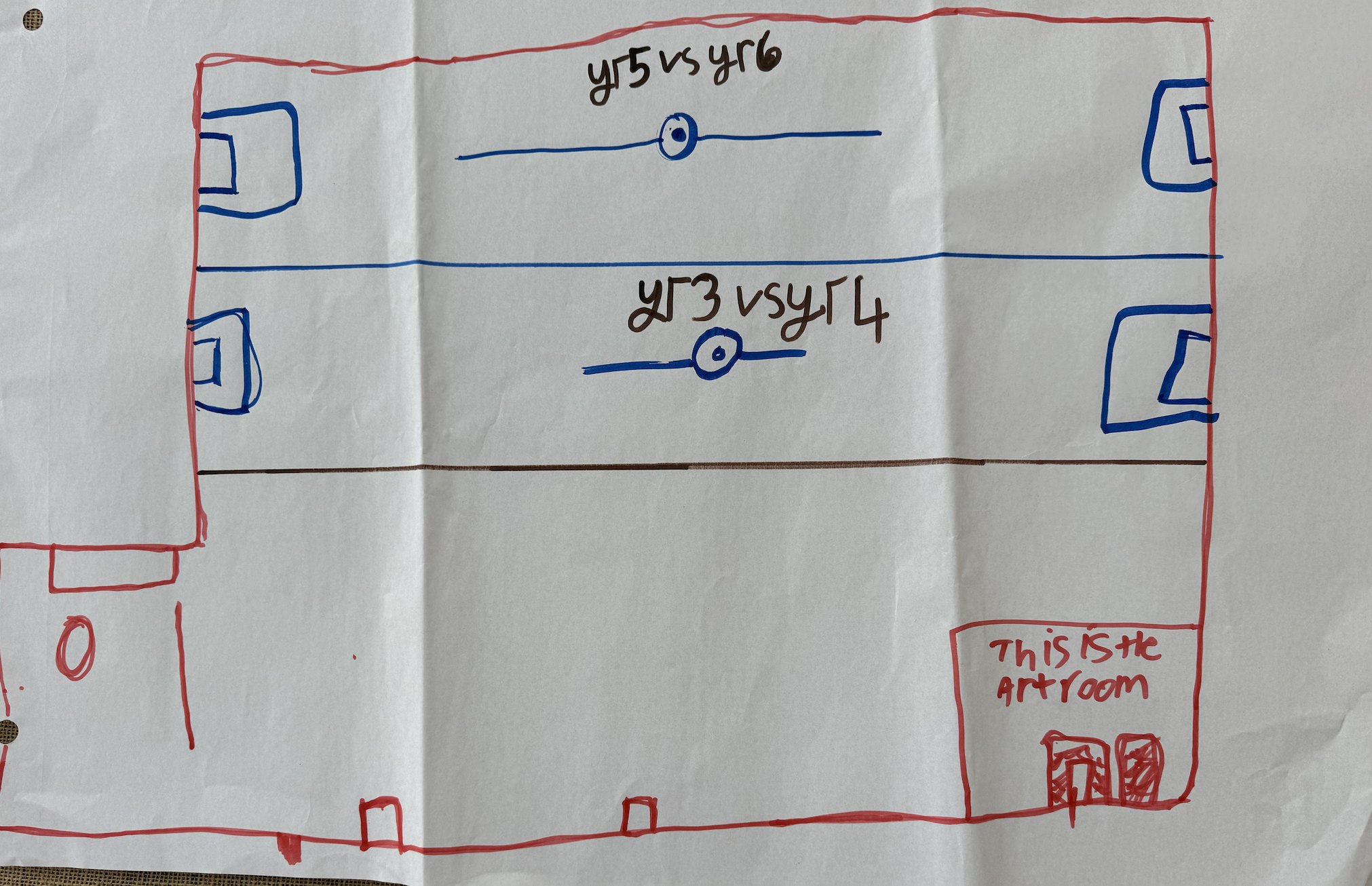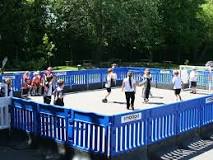Positive Play Council
Pupil Council | What do we do and why?

Our Positive Play Pupil Council has been created as a vehicle to capture pupil voice, explore ideas and transfer this feedback directly back into classrooms as a way of making pupil-informed changes.
The council also supports staff in their drive to continuously raise standards.
Our council will focus on aspects of the curriculum that fall under three main categories:
1. Things that are already in place in school, that are going well and also positively support learning.
2. Things that are in need of repair or re-think as they are not working as we would like or need.
3. Things that could be invented and created to help everyone learn more and learn better.
Council members will work with their link leader, observe aspects of school life and regularly report back to senior staff on how things are going in school - from their pupil perspective.
Pupils are valued as pupils and go beyond the framework to view learning through the eyes of themselves - as young learners. This is their unique input that makes the Pupil Council a positive group to be part of, as well as a group who can represent their peers and make meaningful pupil-informed changes in school.
Meet our Maths Council Members
Year 6
Pupil blog coming soon...
Year 5
Year 4
Year 3
Year 2
Year EYFS - 1
Our goals for the next 2 years
Information from pupils is coming soon...
What do Ofsted say?
What is going well?
What could be even better?
What do our Senior Leaders say?
What do we, as School Pupil Council say?
1. Things that are already in place in school, going well and support learning.
2. Things that are in need of repair or re-think as they are not working.
3. Things that could be invented and created to help everyone learn more and better.
Examples of our work as a Pupil Council
This is where we showcase examples of our work and its impact on the life and learning of pupils in school.
Positive Play | A plan for playtimes made by pupils for pupils


Step 1 | Gain feedback from pupils on what is going well and what needs improving
Pupils have been clear with school leaders that they would like some more equipment to play with. They created a wish list of eight things that would make their outside play times more positive. The two big areas that pupils wanted to improve were extra goals and balls for sports and a higher fence to keep the balls in play during games.
Step 2 | Bringing the wish list to life

An example of how the Smooga barriers can be arranged in schools.
School leaders worked swiftly with Mr Barbour to make the list of dreams come to life.
First, they brought in some extra goals, which now means that more pupils can take part in team sports (such as football) more often.
Next, they brought in some 'Smooga' style moveable barriers. These barriers enable the ball to stay in play but also prevent the team games spilling out into other areas of the playground.
The pupils were happy that the barriers arrived and could be moved when necessary as it meant they could create different-sized courts when needed, e.g. no barriers (if a full court was needed e.g. certain PE lessons), 10 a-side court (for larger games - which was high on the wish list) and 7 aside or less.
We have now introduced more play equipment at lunchtimes!
Led by the Play Council (Buddies):
- KS1 have games such as ring toss and skittles. They also have access to a selection of books and chalk.
- KS2 have a selection of hula-hoops, foot skipping hoops, bats and balls and more. The Buddies will also be encouraging children to create and play games with equipment. An example would be: using hula-hoops as targets and getting the pupils to throw a ball through and into the hoops.
Step 3 | Next steps...
1. Hire more qualified coaching-based staff to support pupil leadership and game based opportunities for pupils. Sports Coached from Plymouth Argyle Football Club will join pupils over lunchtimes to support the development of these things.
2. Open up our new Art Sanctuary and Courtyard Garden areas for pupils to access during play and lunchtime giving them an additional and quieter space to play, study, grow things and learn.
3. Continue to support pupil council work on monitoring how things are going on the playground and continue giving pupils a voice on how things develop further. Pupil Council to share their findings with SLT at least on a termly basis.
